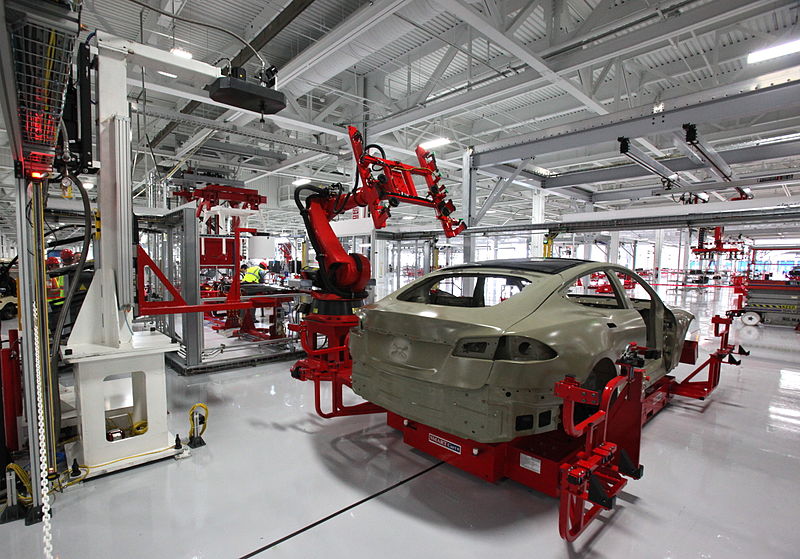
The UK's automotive industry is set to outperform earlier predictions, with an estimated production of around a million cars and vans this year, as stated by the Society of Motor Manufacturers
and Traders (SMMT) following substantial investments in the sector.
This latest projection reflects an 18% increase from the 2022 output, marking a significant improvement from the worst UK car production year since 1956. However, it still trails behind the pre-pandemic level of 1.5 million cars.
Initially forecasting 860,000 cars in 2023, the SMMT acknowledged that alleviating supply chain issues has been instrumental in supporting the UK's automotive sector.
In October, the country's factories rolled out a total of 91,521 units, marking a substantial 31.6% year-on-year increase, the best performance for the month since 2019.
Both domestic and international markets saw growth, with a 23.9% increase in production for home markets and a 33.4% rise in exports driving the output.
Mike Hawes, CEO of SMMT, commented, “These figures, combined with substantial investment announcements, indicate a promising outlook for the UK automotive sector in 2024. Both government and industry are dedicating significant resources to transition the industry towards a decarbonized future.”
However, the SMMT cautioned that upcoming rules of origin could hinder the UK automotive industry's potential for economic growth. According to the automotive trade body, battery electric vehicles (BEVs) manufactured in the EU might face a £3,400 tax increase when sold in the UK under the new rules starting in January.
The current tariff exemptions, agreed upon as part of the Brexit deal, are set to expire on January 1, 2024, posing challenges for EV manufacturers in sourcing battery components within the UK or the EU. The SMMT highlights that such restrictions could severely impact EV trade between the UK and the EU. Photo by Steve Jurvetson, Wikimedia commons.


































